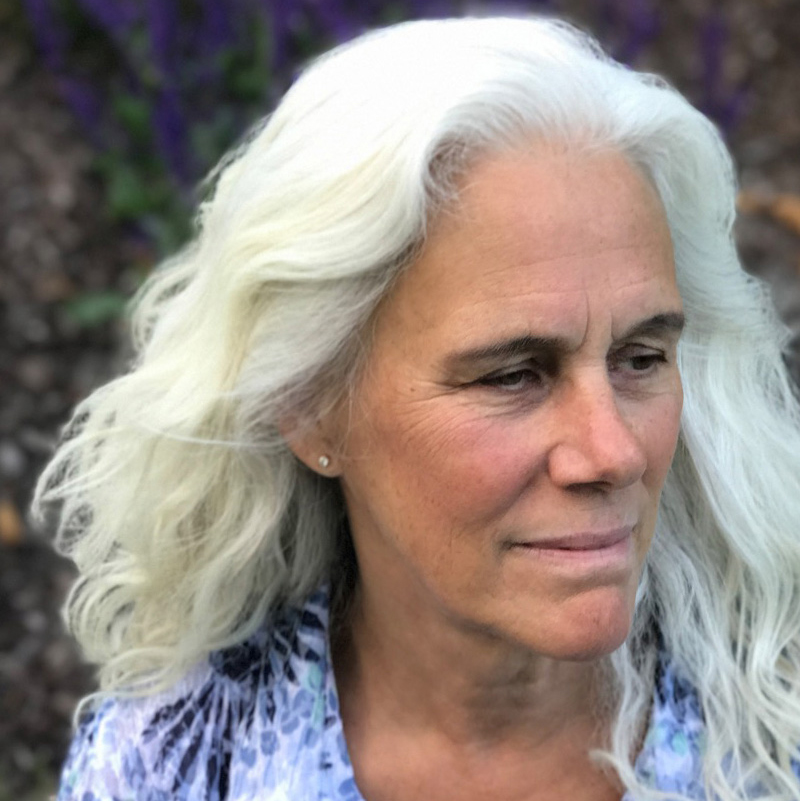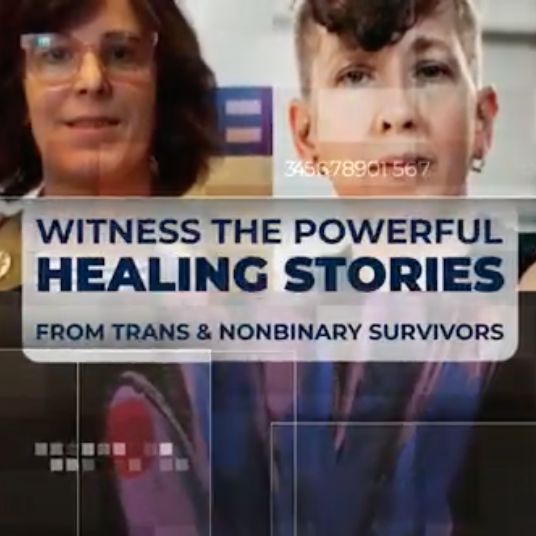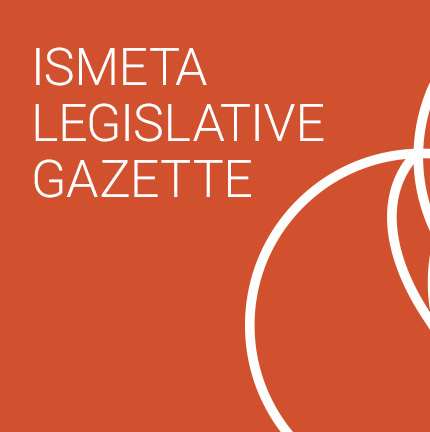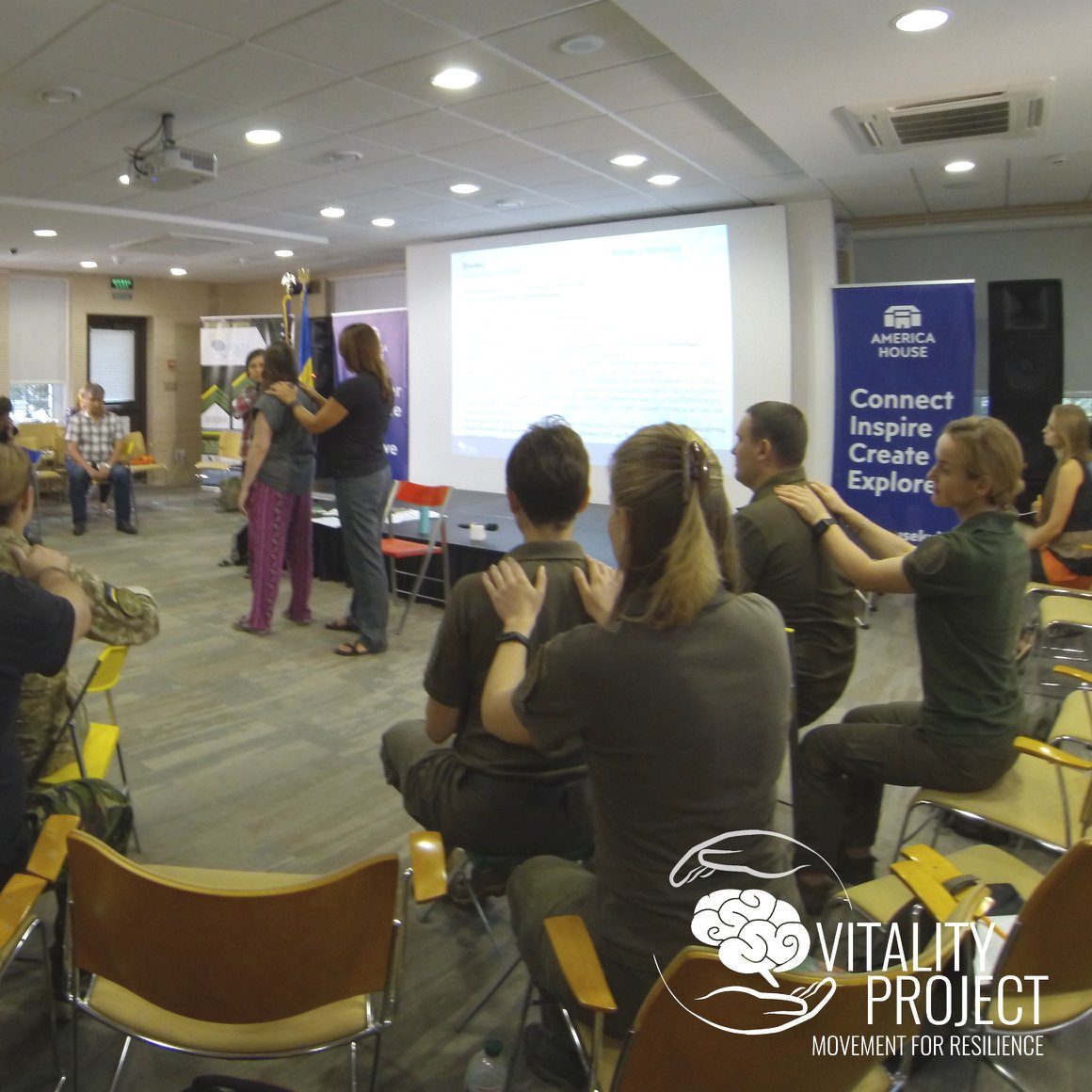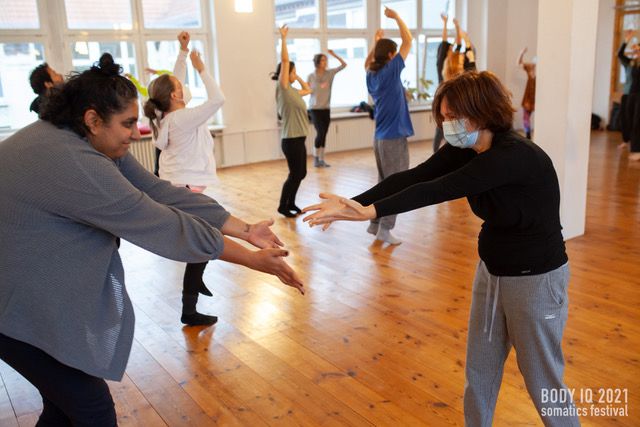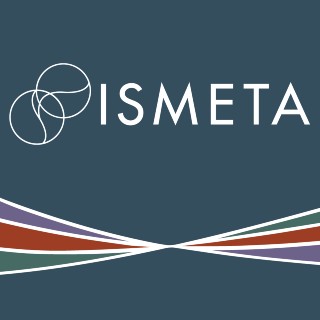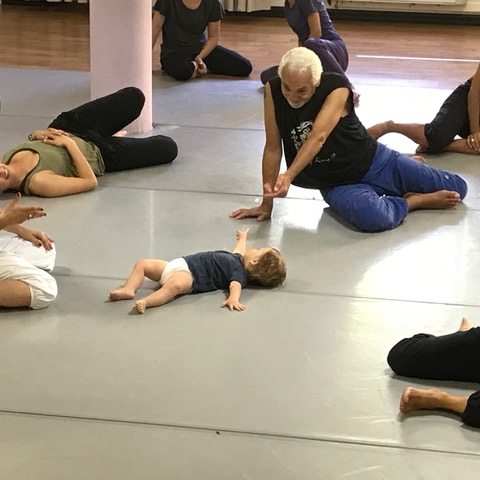Wisdoms of Embodied Leadership
Scroll down for Spanish version! Desplácese hacia abajo para ver la versión en español! Wisdoms of Embodied Leadership Sharing a perspective of serving on the ISMETA Board for 9 years By Maria Luisa Diaz de Leon Zuloaga In preparation for our September virtual Board retreat, we were invited to spend time outdoors, in nature, and … Read more



